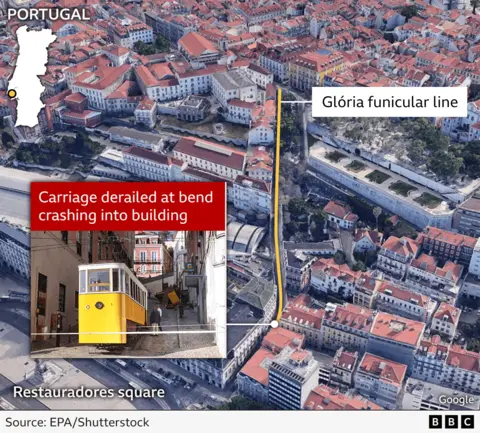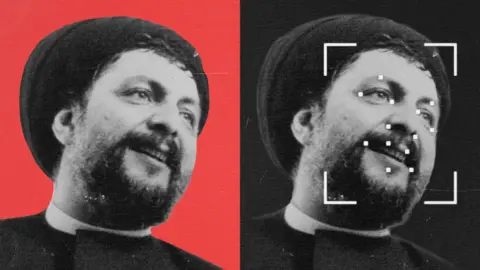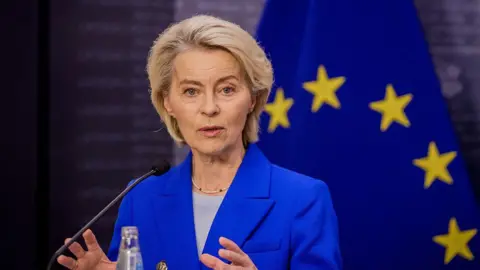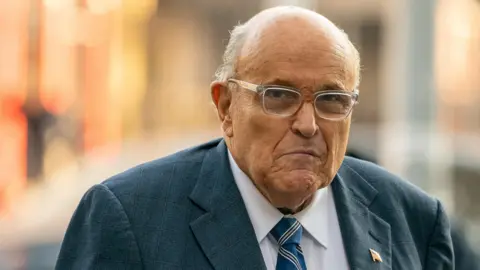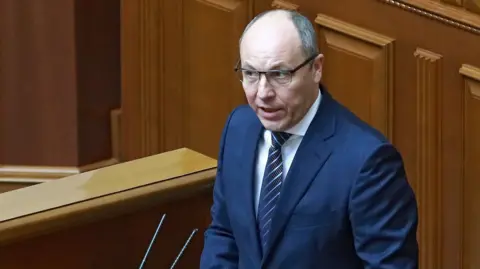Former National Security Adviser Mike Waltz's nomination to become the U.S. Ambassador to the United Nations stirred heated debate in a Senate confirmation hearing. Senators from both parties expressed concern over Waltz's involvement in a sensitive Signal chat that was inadvertently joined by a journalist, leading to the incident being characterized as "Signalgate". The hearing followed Waltz's ousting from his previous role by former President Trump in May.
Democratic senators, particularly Chris Coons and Tim Kaine, pushed Waltz to acknowledge the severity of discussing military operations on a platform like Signal, which they deemed insecure for sensitive communications. Coons specifically questioned whether Waltz was seeking to share classified information during his exchanges that potentially compromised national security. In response, Waltz steadfastly denied that any classified details were disclosed, stating that the use of Signal was sanctioned and endorsed by the Cybersecurity and Infrastructure Security Agency under the Biden administration.
Amid the accusations of breaching protocol, Waltz reiterated his belief that he took full responsibility for his actions and labeled the incident as "embarrassing." He clarified that an internal investigation by the White House had already been completed, although the Department of Defense's investigation continued.
Despite the contentious focus from Democratic members of the Senate Foreign Relations Committee, Waltz received support from Republican colleagues who directed the conversation towards funding reform for the United Nations and expressed confidence in his integrity and capabilities. With a Republican majority in the Senate, Waltz's confirmation remains likely, even as the implications of his previous role and the ongoing investigations linger.
As the U.S. contemplates its position on the global stage amid shifting international dynamics, Waltz's confirmation would solidify the administration's stance on foreign policy during a critical time. His affirmation is couched within ongoing discussions surrounding the allocation of U.S. taxpayer money towards UN initiatives and commitments to foreign alliances, establishing a pivotal role for Waltz in America’s diplomatic engagements going forward.














